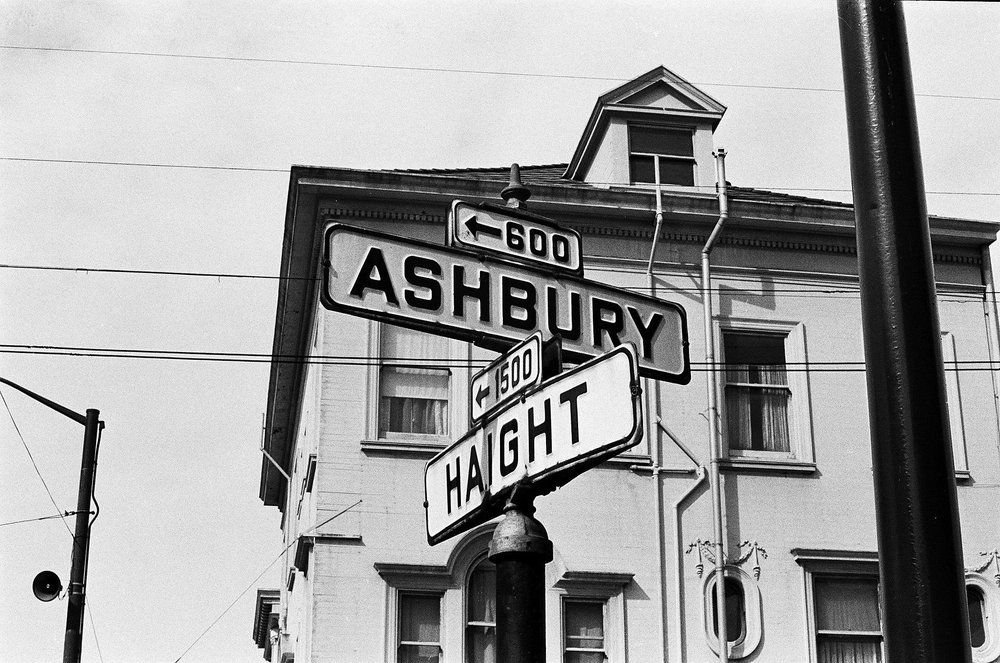
The following segment is brought to you by the letters LSD
By 1967, the Motor City is still monopolizing the music charts and airwaves, cruising full speed ahead, rivaled only by Britain’s Fab Four. But there’s turbulence and static on the horizon stemming from a strong current blowing from the West Coast, along with inner tensions within Hitsville U.S.A., a.k.a. Motown Records.These combined factors would eventually shake the label’s foundation to its core, and shape its direction before the turn of the decade.
Turn on, tune in, drop out
It’s early June, and the Summer of Love is in full bloom and converging at the crossroads of Haight and Ashbury, where free-flowing hippies are tripping and dancing away with flowers in their hair.
Psychedelics were nothing new by this time. Psychologist and writer Timothy Leary had experimented with, and espoused the effects of, acid, while the Beatles—long past their “yeah yeah yeah” period—had by now driven their car deeper into Norwegian Woods rolling on Rubber Souls, and taken Penny Lane for a trip through Strawberry Fields complete with tangerine trees and marmalade skies.
San Francisco’s Bay Area was thriving, with bands such as the Grateful Dead, Jefferson Airplane, and the Jimi Hendrix Experience incorporating psychedelics into rock. But soul seemed spared from this acidic scene, up until now, that is.
“Reflections of … The way life used to be”
“Reflections” mirrors a melancholic mood and was the first song credited to ‘Diana Ross & the Supremes’ rather than just to the Supremes, underscoring Diana’s undeniable rising star power within the Motown ranks, while simultaneously sowing the seeds of discord among the trio.
Released in July, the single’s strange, spacey stereo intro suggests psychedelic pop ingredients—a first for Motown. With its slower tempo, sadder lyrics, and the Vietnam war raging in the background, the change in musical style is a clear departure from the past, even though the song was still penned by H-D-H. The corresponding album would appear the following March.
“Through the mirror of my mind
Through all these tears that I’m crying
Trapped in a world
That’s a distorted reality”
— Reflections, Diana Ross and the Supremes
The drugs not only expanded the mind, they expanded the song lengths, sparking the single to take a back seat to the album for the first time in pop history. This turn of events enabled composers and artists to explore outside the box, borrowing structures and arrangements found in different cultural and musical genres.
Meanwhile, in the Bay Area…
“Hey, hey, hey, hey,
Beat is gettin’ stronger
Music’s gettin’ longer,
Wanna take you higher”
— I Want to Take You Higher, Sly and the Family Stone
Hailing from San Francisco, Sly and the Family Stone embodied that free spirit to a tee. The 7-member “Stone” family actually counted only three family members: the multi-talented Sylvester Stewart, aka Sly Stone, on several instruments, brother Frederick J., aka Freddie, on guitar, sister Rosemary, aka Rose, who joined a bit later on keyboard. The other members included Larry Graham on bass, Cynthia Robinson on trumpet, Jerry Martini on sax, and Greg Errico on drums. Most of the aforementioned shared equal vocal duties, while backing vocals were handled by the trio ‘Little Sister’. The racially and gender integrated group brought A Whole New Thing to the music scene in October of 1967.
Way ahead of its time, the band’s debut LP presented a powerful mix of soul, funk, psychedelic, rock, R&B, blues, and jazzy horn stabs—a combination never seen before in the industry, but revisited decades later by artists such as Prince and Lenny Kravitz.
With its brazen brass-heavy “Frere Jacques” nursery rhyme intro, the single “Underdog” underscores the changing of the guard, musically-speaking, with what one could codify as a proto-funky-hip hop track. “If This Room Could Talk” showcases a more soulful, steady beat, while “Turn Me Loose” fires into a frenzy. “Advice” has that groovy R&B vibe, while “I Cannot Make It” casts a looser Jagger-Stones strut. With dissonant chords and spooky psychedelic effects, “Trip to Your Heart” is all the more original. “Bad Risk” rocks the house hard and “Dog” packs an album-closing punch. Recorded live in the studio without overdubs, the album’s audacity certainly impeded its success, prompting Epic execs to pressure Sly for a more commercial dance-oriented record.
The answer was “Dance to the Music“, first released as a single in November, and later as an album in April, 1968. Fusing funk with psychedelic rock, and powered by an energetic metronomic Motown beat and precocious drum break then buildup, it set the stage for funk and disco tracks to come. One can hear how much of an influence it had on the direction of music, such as on percussionist and band leader Hamilton Bohannon’s seventies solo material, one example being “Foot Stompin Music” from his album Insides Out in 1975. A decade earlier, Bohannon was working at Motown, and touring as a member of the label’s backing band for its top artists.
With his fuzz-distorted bass, brother Graham adds some bottom to the mix, while Sly follows with a groovy church-organ run, ending with Cynthia and Gerry blowing horns.The twelve-minute “Dance to the Medley” sounds almost like an alternate version of the title track, but with greater emphasis on the psychedelic effects. Close your eyes, and it becomes easy to imagine the song’s future influence on The Jackson 5. “Ride the Rhythm” and “Color Me True” distinguish themselves by increasing the rock and blues quotient, but also by the trading of various vocal registers between the members, gradually reinforcing the foundations for the emerging psychedelic soul subgenre.
That same April, Archie Bell & the Drells, from Houston, Texas, launched a song and dance called the ‘Tighten Up’. The song, with its bass solo intro, crisp funky guitar, up-tempo rhythm, and particular brass chords, added a bit of light fun to the party.
Next up…
For more from Claude Lemaire visit…
https://soundevaluations.blogspot.ca/
Reference List (Singles, albums, and labels):
- “Reflections” [Motown M 1111]
- Reflections [Motown MS 665]
- A Whole New Thing [Epic BN 26324]
- “Underdog” [Epic 5-10229]
- “Dance to the Music” [Epic 5-10256]
- Dance to the Music [Epic BN 26371]
- Insides Out [Dakar Records DK 76916]
- Tighten Up [Atlantic SC 8181]



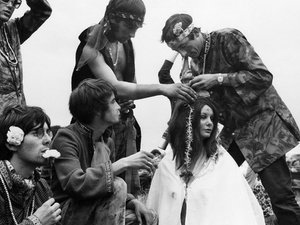
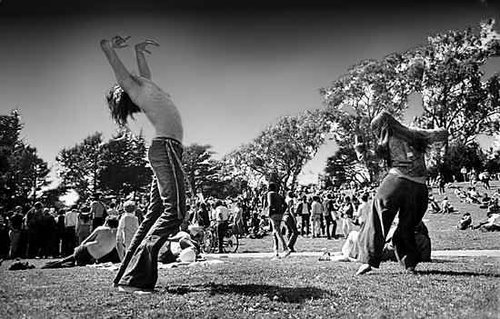

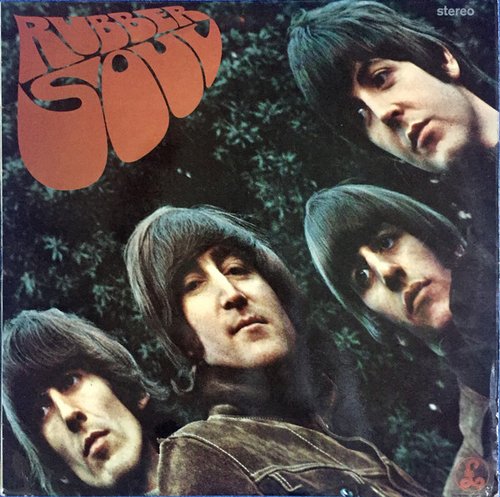
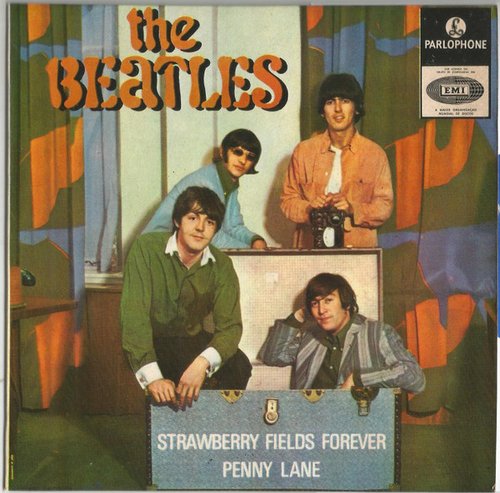
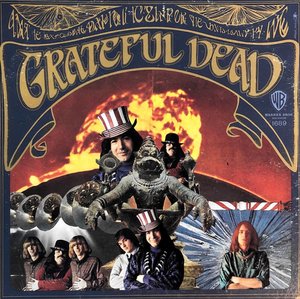
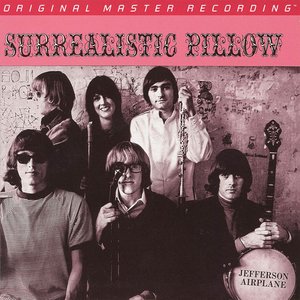
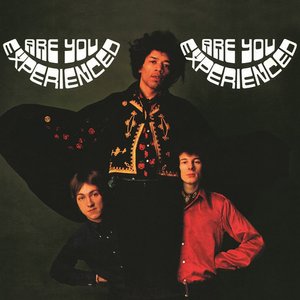
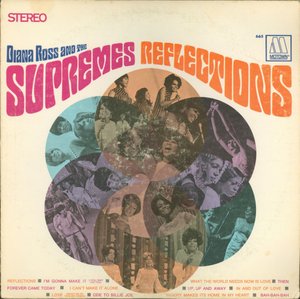
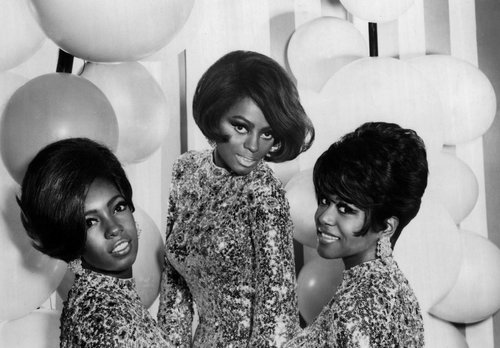
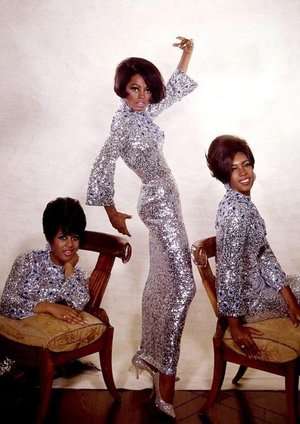
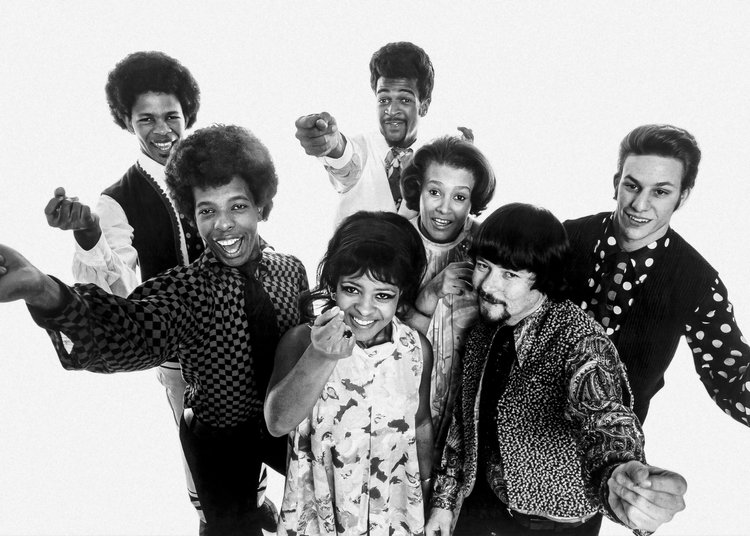
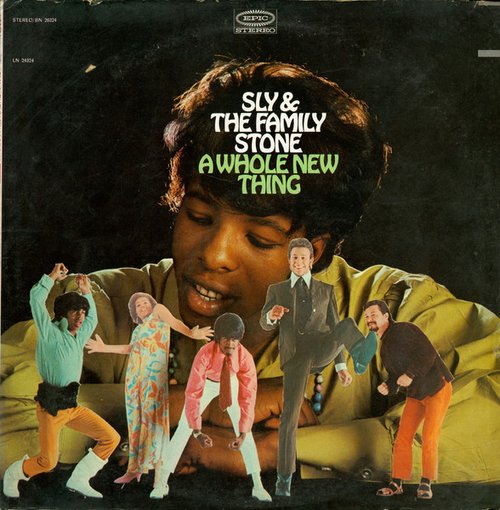
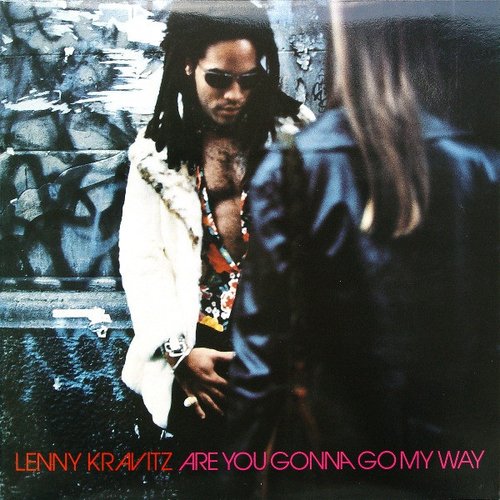
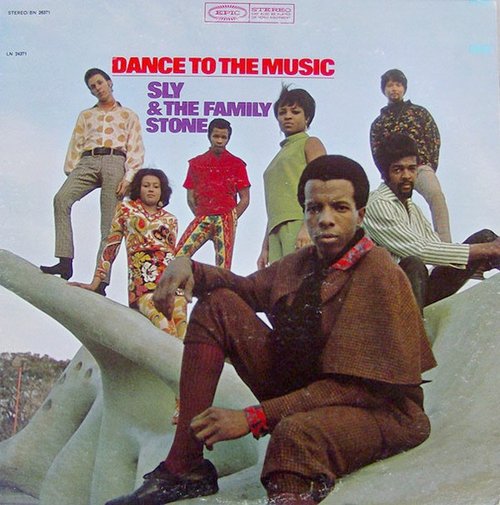
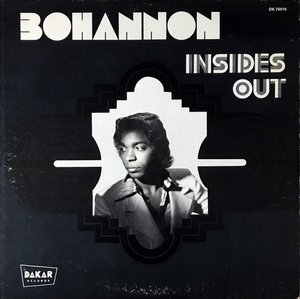
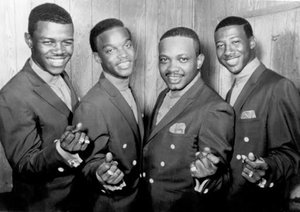
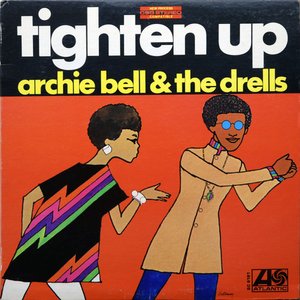






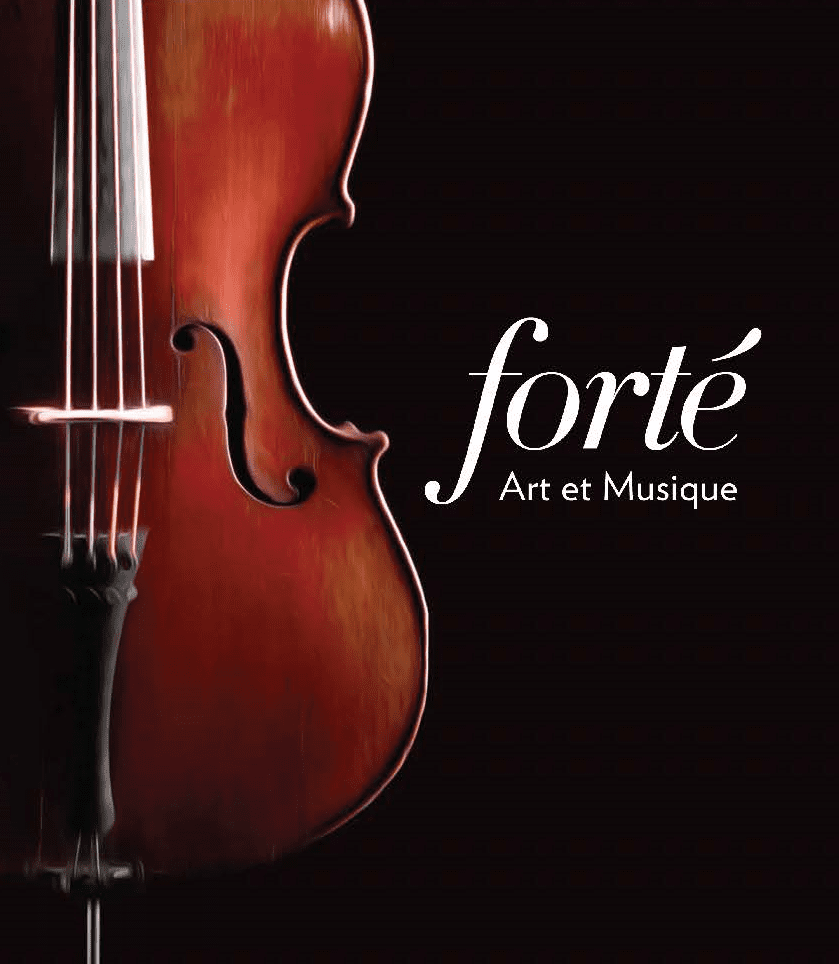
Leave a Reply